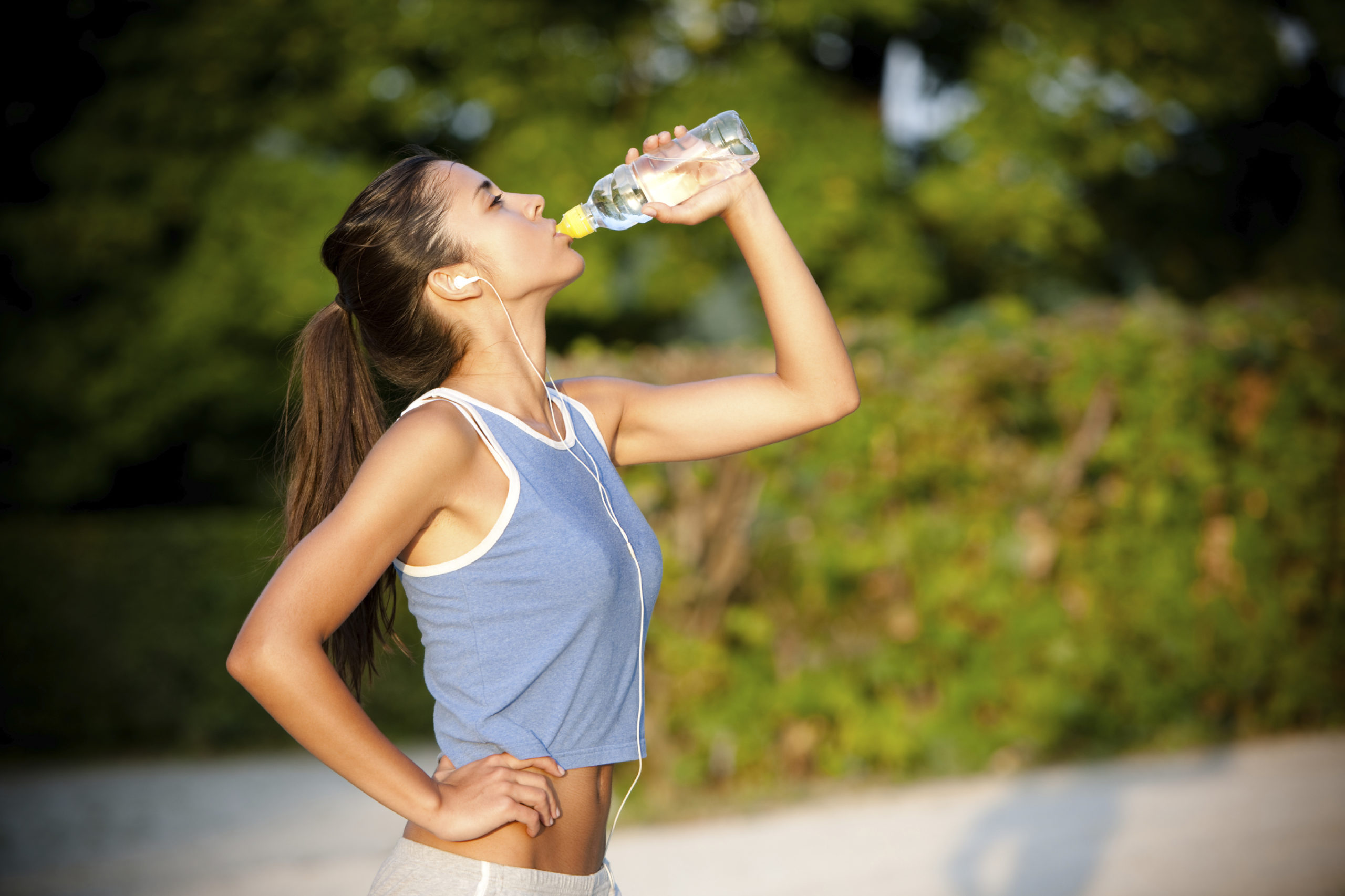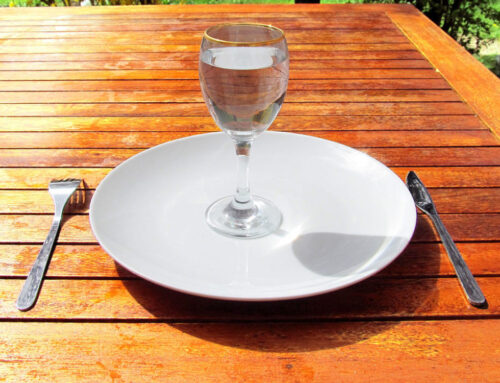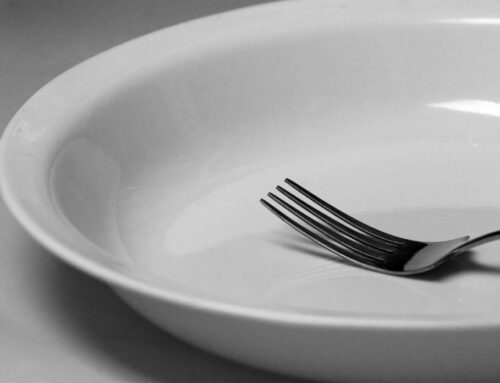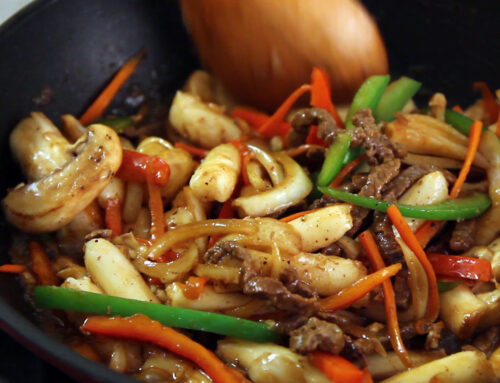One of the most powerful things you can do to create a body fat reducing environment is to drink more water. Water is the most common substance on the planet and perhaps the most neglected of any essential nutrient. Without enough water, our physiology simply does not operate properly. Our bodily form flattens and quickly fades. So it’s not surprising that water happens to be the most abundant substance in the body. An average adult is nearly 70 percent water (corresponding to ~12 gallons). Of course, this percentage varies depending on body composition, age, gender, among other factors, but the point remains the same—water is as essential to M.A.D. fat loss as it is to the health of every living organism.
When we are sick, we don’t have enough fluid in our bodies (hypohydration). This simple fact is something that far too many doctors fail to acknowledge despite the fact that the first thing we do with nearly every patient that enters the emergency room or is admitted to the hospital is to insert an intravenous line and hydrate the body!
If we look at the composition of our body (what we are made up of) as a model for what we consume, we find that water is the predominant substance. Following a distant second to water is muscle (hopefully), then fat and other constituents. As such, using our body composition as a guide to tell us what our body needs, one finds that we should correspondingly take sizable amounts of water. Following water, we need generous portions of protein and some fat. Notice that carbohydrates are almost insignificant if one truly analyzes the “clay” from which we are made. Water has no calories and no conventional nutritive component, yet every cell, tissue, and organ, and almost every life-sustaining body process needs water to function. It transports nutrients and oxygen to your body cells and carries waste products out of the cells, lubricates body tissues, and moistens the mouth, eyes, and nose. Water makes up the tissues that cushion your joints and protect your body organs and is also the main constituent of all body fluids. These life- sustaining fluids include everything from blood, to gastric (stomach) juice, saliva, spinal fluid, and amniotic fluid (for a developing fetus).
When comparing muscle to fat, lean muscle contains much more water compared with body fat. Again, if water intake is too low, your tone and shape will suffer. Thus, the more lean muscle you have relative to fat, the higher proportion of water in your body. As I have come to learn from all the athletes I’ve worked with, the leaner, more muscular body tends to hydrate easier than the fatter physique. The fatter body has more difficulty holding on to water. As a result, I have found that the heavier the patient (in terms of body fat), the more poorly hydrated they are, and as a result they are usually more sickly and unhealthy. From my clinical practice, I have also come to believe that this model can also be forcibly reversed. In other words, in this way liberal amounts of fluid can cultivate a fit looking physique.
The amount of water your body needs each day does depend on the amount of energy your body uses. But it suffices to say that the more stress you are subjected to, be it physical, mental, or emotional, the more water you need. The fatter you are, the more water you need to drink to achieve a healthier state. But ironically, the fatter you are, the less you feel the urge to drink more water. Thus, to keep your fat burning processes functioning normally and to avoid hypohydration or full-blown dehydration, your body needs a continuous water supply. During exercise the need for water is particularly magnified. Obviously, climate also affects the need for water. For example, your body uses more water to maintain its normal temperature when exposed to hot weather. So it can be said that, perhaps one of the greatest physical demands you could subject your body to would be to undergo intense exercise while in extreme heat. Neglecting fluid requirements in this setting is simply stupid and deadly.
Even though it seems difficult and almost inconceivable at times to stop what you are doing in the middle of a busy day to satisfy your bodily need for water, you do need to try your best. The following are basic tips to remember to get enough water in your diet:
* Drink liberal amounts of water throughout the day, not just when you have a meal.
* Keep a water bottle with you whenever possible. This helps make water drinking more convenient.





